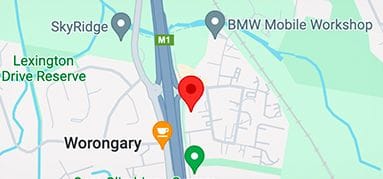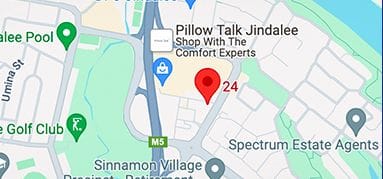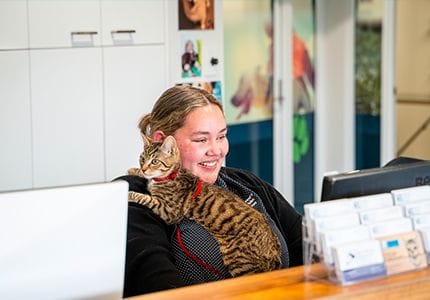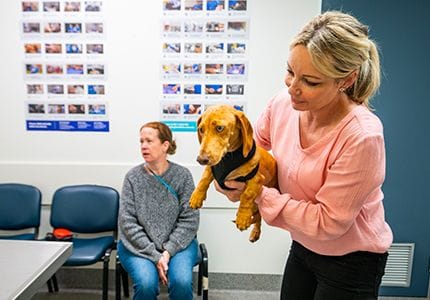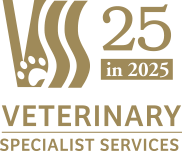Dr Chris Lam, from the Veterinary Specialist Servicescardiology team, explains how to monitor a pet's resting respiratory rate at home. This can be an excellent way to screen for problems, such as pulmonary oedema secondary to congestive heart failure.
CLIENT INFORMATION
RECORDING OF A RESPIRATORY RATE
How to measure your pet's resting respiratory rate
This is a straightforward and sensitive way to monitor your pet at home which has been diagnosed with heart disease.
It’s an easy to use method to use and monitor when the cardiac disease has developed to the next stage when there is potentially fluid or congestive heart failure developing.
When to measure a resting respiratory rate
Your pet will need to be fast asleep for this method to be accurate, so wait for them to be entirely still and relaxed.
When watching your pet, you should only see gentle in-and-out breathing, spotted by monitoring their chest rising and falling. One rise and fall combined counts as one breath.
Measuring a sleeping respiratory rate
A respiratory rate is collected by measuring the number of breaths a pet takes per minute. You can monitor your pet for 15, 30, or 60 seconds and calculate the total number of breaths per minute to measure this.
For example, if you monitor your pet for 30 seconds and they take 15 breaths, you can multiply it by two for their assumed breaths per minute.
If you’re unsure or want the most accurate results, count your pet’s breaths for the full minute.
How to interpret your pet's resting respiratory rate
What should your pet's sleeping respiratory rate be?
An ideal sleeping respiratory rate is under 30 breaths per minute.
If your pet is breathing less than 30 breaths per minute, it is unlikely that any fluids are developing because of heart disease.
If your pet’s resting respiratory rate exceeds 30 breaths per minute, don’t panic. You can repeat the measurement, ensuring all external factors and variables are well controlled.
Factors that may affect your pet’s resting respiratory rate:
The environment temperature
Your pet may be dreaming (usually indicated by the movement of legs or muffled noises)
Recent exercise
If, upon measuring your pet’s resting respiratory rate a second time, their breathing rate returns to under 30, the one-off high rate was likely caused by external factors such as those mentioned above.
If your pet's resting respiratory rate exceeds 30 breaths per minute:
If your pet’s sleeping respiratory rate consistently measures over 30 breaths per minute, and if they subjectively look unwell or are breathing more rapidly (or with more effort) than usual, you should contact your veterinarian.
Your veterinarian will likely assess whether your pet has fluids using chest x-rays or pulse oximetry.
If you are unsure, contact VSS for assistance.
&geometry(278x56))

